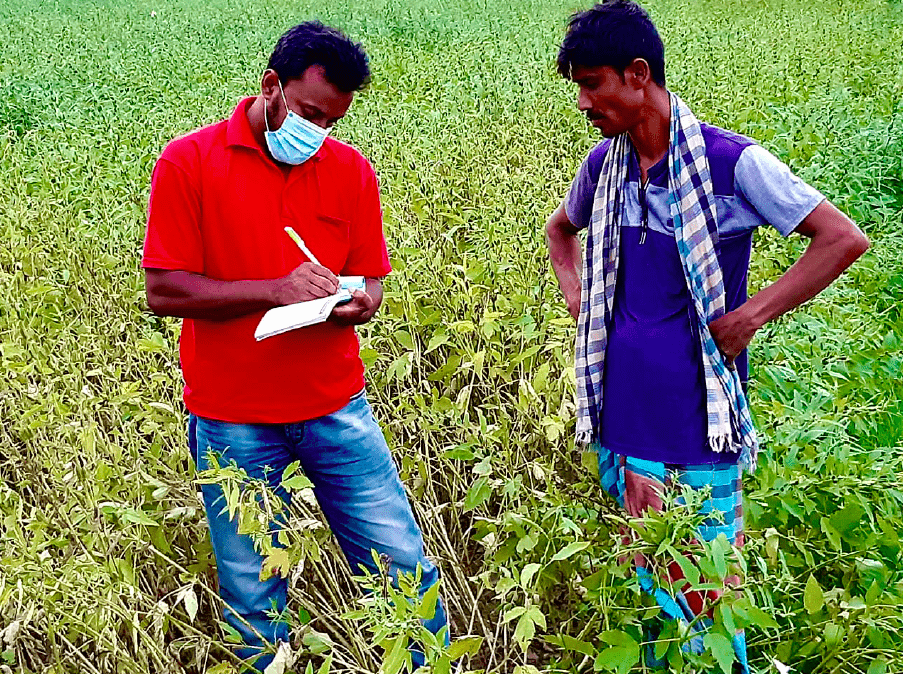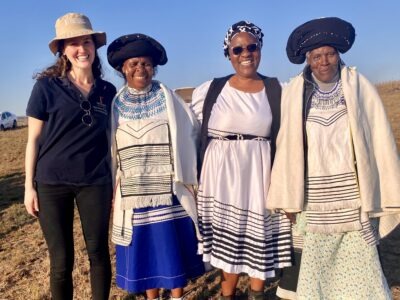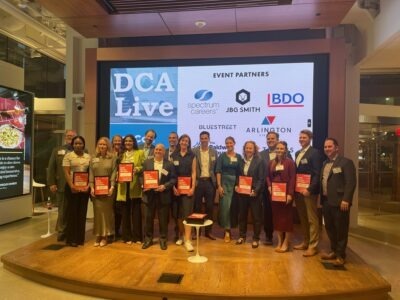
In 2018, the Feed the Future Bangladesh Rice and Diversified Crops Activity identified sesame as a marginal crop with a high potential for growth within the Feed the Future Zone. The five-year activity, which is supported by USAID and implemented by ACDI/VOCA, aims to improve farmers’ incomes and levels of nutrition and food security in Bangladesh. Initially, the Activity engaged with Jadid Corporation, an agricultural company based in the Rajbari District of central Bangladesh’s Dhaka Division. Since then, the Activity has expanded its efforts to support five firms that procure, process, and export sesame grown by Bangladeshi farmers in the Feed the Future Zone.
To make this expansion possible, the Activity partnered with firms and conducted campaigns to raise awareness about the benefits of growing sesame. The Activity also helped local firms provide farmers with crop advisory services and guide them on the appropriate use of inputs, good agricultural practices, and post-harvest loss reduction.
Key to the growth of the sector was the introduction of new, export-oriented sesame seed varieties. These varieties are higher yielding with better germination rates and are in demand by global importers. The Bangladesh Agricultural Research Institute and Bangladesh Institute of Nuclear Agriculture sourced the new varieties, and partner firms multiplied them for sale to farmers. The Activity also supported sourcing and trials of single skin black sesame seed varieties, which have a higher oil content and crop value, from Vietnam and China.
In addition to these new seed varieties, farmers also benefited from better access to inputs. The Activity formed linkages with other firms so that farmers could purchase bio-herbicides and Trichoderma, a bio-control agent for soil management. The Activity also commissioned domestic and international research on the sesame sector to better inform the industry on export standards and to foster trade linkages for both grain and processing equipment.
This technical support, coupled with strategic business linkages, has positively impacted the sesame sector and the livelihoods of many rural households. So far, the Activity has facilitated interventions reaching 64,677 farmers and the procurement 10,791 metric tons of sesame worth $9,040,993 at farm gate prices, which are benchmark prices adjusted for quality and quantity factors.
From 2018 to 2020, firms partnering with the Activity procured 7,951 metric tons of sesame grown by Activity-supported farmers and exported 6,300 metric tons of sesame valued at $6,594,200 to Vietnam, Thailand, and China. To date, firms have exported 8,065 metric tons of sesame valued at $8,415,450.
As a result of this growth, many firms within the country have taken notice. Thanks to new trade linkages and better export prospects, firms have invested more than $700,000 in new plants and equipment to process sesame and meet export standards. By leveraging the incentives and resources of these private sector firms, the Activity has created sustainable market connections that will remain long after the Activity ends.
Learn more about the Feed the Future Bangladesh Rice and Diversified Crops Activity.
Learn more about our work in Bangladesh.





